EUTOPIA SIF
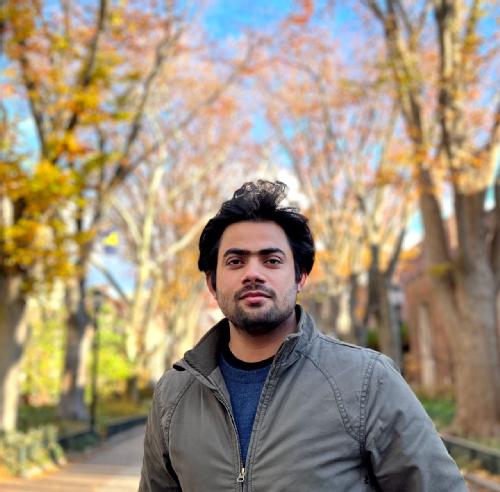
Aditya Singh
Dr. Aditya Singh is a Marie-Curie Postdoctoral Fellow at the Department of Physics and Institute of Advanced Study at the University of Warwick (UoW), UK. His work is broadly investigating/studying optical and electrical properties of 2D materials and ferroelectrics-based heterostructure devices. Successful realization of these heterostructure-based devices will open up new opportunities to design novel architectures to encode and process information/data crucial for next-generation quantum technology.
Before joining Warwick, Dr. Singh was a postdoctoral researcher at Freie Universität Berlin, Germany, from 2022-2023. Dr. Singh obtained his PhD in 2022 from the Indian Institute of Technology (IIT) Delhi, India. During his PhD, he received many prestigious fellowship grants for his research. In 2021, he was a Fulbright-Nehru Fellow at the University of Pennsylvania, USA, and a Raman-Charpak Fellow at IPCMS-CNRS, France, in 2020. Also, he was awarded the University Grants Commission’s Junior Research Fellowship (JRF) and the INSPIRE Fellowship for his doctoral research. Dr. Singh is an associate editor of Colloid and Surface Science and an active reviewer of Advanced Functional Materials, Advanced Materials Interfaces, Surface and Interfaces, ACS Omega, Materials Today Communications, Chemistry Select, etc. Apart from studies/research, he has been actively involved in volunteering and social services. During his bachelor's, he worked in the National Cadet Corps (NCC) of the Indian Air Force and the National Service Scheme (NSS).
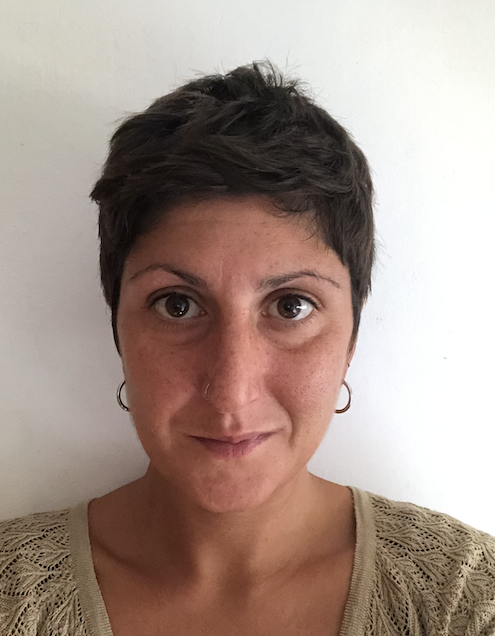
Andreana Pastena
Andreana Pastena is a Marie Sklodowska Curie Postdoctoral Fellow (EUTOPIA-SIF COFUND) at the Department of Applied Linguistics at the University of Warwick, UK. Her current research project explores how undergraduate and master’s students navigate universities’ increasing linguistic and cultural diversity. Specifically, she investigates students' language biographies and practices and intercultural interactions in internationalised Higher Education, and the impact these experiences have on the development of plurilingual and pluricultural competences. The aim is to put on focus the role of languages and self-reflection in intercultural learning.
Andreana completed her undergraduate and master studies in Italy, between Naples and Pisa. Then, she moved to Spain where, in 2022, she received a Ph.D. degree in Humanities (research line: Intercultural spaces, languages, and identities) from the Universitat Pompeu Fabra of Barcelona. In 2020, she was a visiting predoctoral researcher at the Interdisciplinary Solidarity, Societies, Territories Laboratory at the University of Toulouse Jean Jaurès, in France. She has also worked as a foreign languages teacher and an intercultural trainer, and she holds a Postgraduate diploma in active learning pedagogies.
Andreana’s research arises from her own plurilingual and cross-cultural practices, and has the long-term goal of understanding how to “live together as equals in multilingual and multicultural societies”.
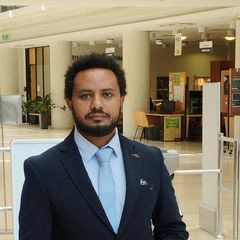
Belayneh Taye Gedifew
Belayneh Taye is a EUTOPIA-SIF postdoctoral fellow at the University of Warwick, UK. Belayneh studied his PhD in philosophy at the University of Szeged, Hungary. After his studies, he worked as an assistant professor of philosophy at Bahir Dar University, Ethiopia.
Belayneh's professional field of interest includes bioethics, politics, and pragmatism, especially healthcare allocations and health equity. His current research project is titled "Healthcare allocation, healthcare rationing, and healthcare equity: evidence from a comprehensive approach using the case of Ethiopia." In the project, he wants to approach the issues of allocation and equity in healthcare using normative, ethical-philosophical, and empirical approaches, using Ethiopia as a case. Specifically, he wants to approach the issue using a multidisciplinary approach based on mixed research design, soliciting collaborations with researchers in the EUTOPIA-SIF research environment and outside.
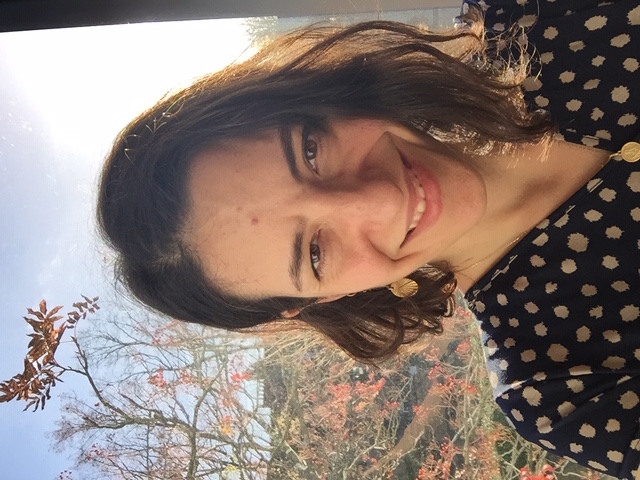
Carla Guerra Tomazini
Carla Guerra Tomazini is a Marie Skłodowska-Curie Postdoctoral Researcher (EUTOPIA-SIF) at the University of Warwick, affiliated with the Institute of Advanced Study and the Department of Politics and International Studies.
Carla's research focuses on the relationship between anti-gender mobilizations and education reforms in Latin America, with a broader interest in comparative politics, political institutions, and the Welfare State. She has co-edited three books on Brazil and Latin American policies, collaborated on various academic journals, and held academic positions at institutions like Université Paris-Saclay-University of Versailles and Sciences Po.
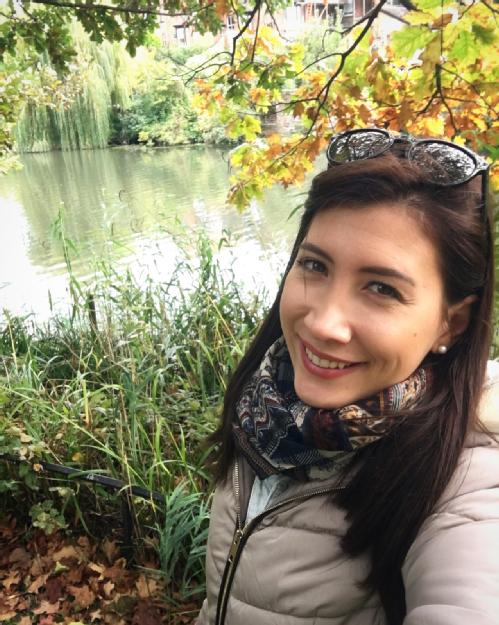
Derya Kaya Ozdemir
Dr. Derya Kaya Ozdemir is a Marie Skłodowska Curie Fellow (EUTOPIA-SIF COFUND) at the Institute of Advanced Study (IAS) and affiliated with Warwick Manufacturing Group at the University of Warwick.
Dr Ozdemir completed her PhD in Civil Engineering from Dokuz Eylul University, Türkiye, where her research focused on the correlation between processing parameters and the aging of polymer-modified bitumen. During her doctoral studies, she conducted experiments at Warwick University (Warwick Manufacturing Group) as a visiting academic. This opportunity enabled her to collaborate with international academics and work in a multidisciplinary environment, combining road and pavement engineering with fundamental polymer science.
Dr. Ozdemir has taken on various teaching responsibilities, including overall module supervision for several courses in the Department of Civil Engineering. Additionally, she has served as the Transportation Laboratory Manager, taking on training and mentoring responsibilities.
She is a dedicated civil engineer and a nature enthusiast with a passion for finding sustainable solutions in the construction industry. Her academic motivation revolves around making a tangible impact by addressing waste material recycling and the impacts of climate change, particularly in the context of asphalt road construction, which poses numerous challenges. Her project, ExtendRoadCycle, aims to extend the in-service lifetime of roads by reutilizing aged bitumen with food and plastic waste. This initiative strives to be more cost-effective, environmentally friendly, and ultimately, a more sustainable approach for future road infrastructure.
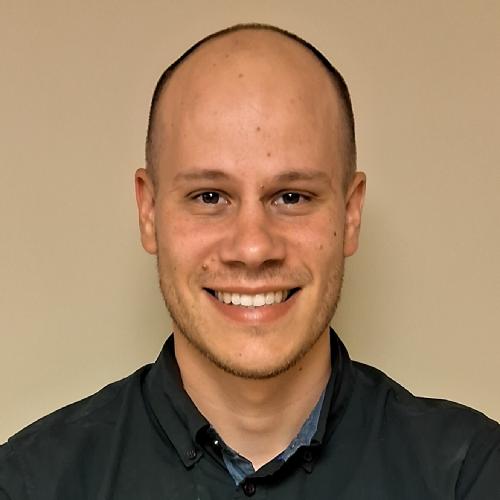
Thomas Bilterys
Thomas Bilterys is a postdoctoral researcher at Warwick University and the Vrije Universiteit Brussel.
Thomas is also a member of the international Pain in Motion research group. He has a specific interest and expertise in the relationship between pain and sleep. His research mainly aims to increase insight in the interaction between sleep and pain, and improve the treatment of insomnia and chronic pain.
EUTOPIA-SIF Cohort 4 (2024-2025)
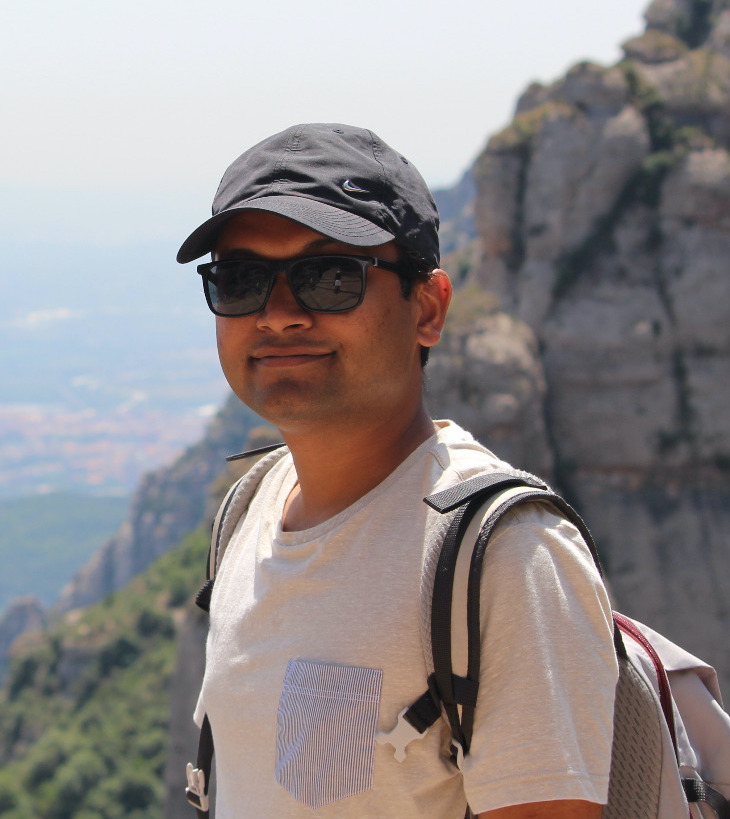
Ishutesh Jain
I am a cell biologist and biophysicist with a focus on understanding the non-equilibrium behaviour of molecular biological machinery and its role in driving biological functions, particularly within cytoskeletal systems.
Currently, in the Balasubramanian lab at Warwick Medical School, I am studying the biophysics of cytokinesis, the process that divides one cell into two.
Prior to joining Warwick, I was a NCBS-Curie postdoctoral fellow, where I combined theoretical and experimental approaches to investigate the role of non-equilibrium force patterning in nuclear centering. During my PhD, I studied the dynamics of cytoskeletal filaments.
Outside of work, I enjoy reading, traveling, and cooking.
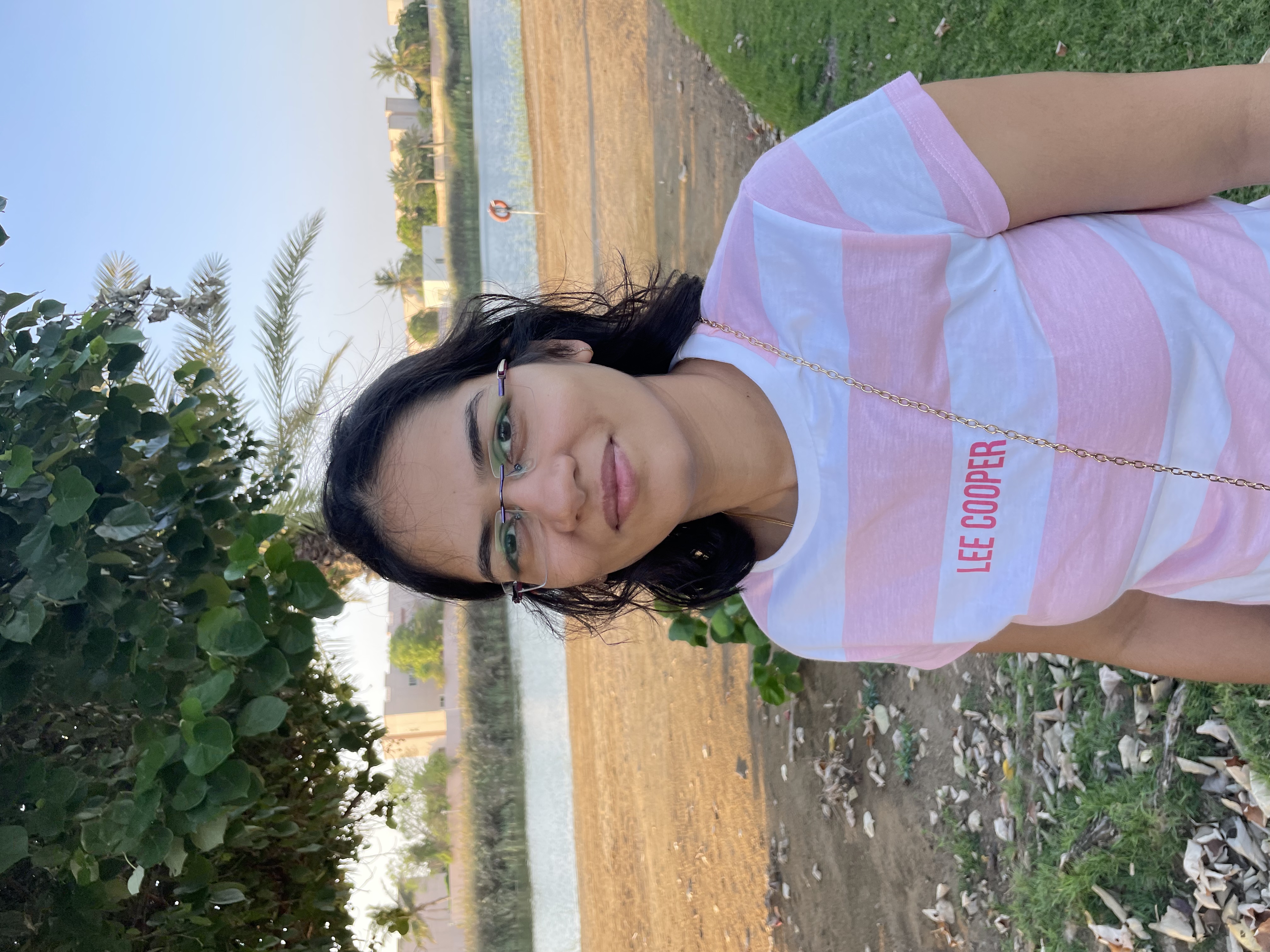
Bhagyashree Kulkarni
Education:
1.January 2019, PhD in Polymer Science Indian Institute of Science Education and Research (IISER) Pune, India
2.May 2009, Master of Science (Chemistry), Swami Ramanand Teerth Marathwada University (SRTMU), Nanded, India.
Experience:
June 2019-June 2024: Postdoctoral Researcher, King Abdullah University of Science and Technology (KAUST), Saudi Arabia. ‘Development of functional block copolymers for biomedical applications’
Publications/research achievements
Google ScholarLink opens in a new window
ResearchGateLink opens in a new window
Research Project: Novel Cancer Theranostic Nanomedicine
Nanomedicines that integrate therapeutic and diagnostic (imaging) components into a single formulation represent a promising clinical approach. These systems enhance bioavailability and drug accumulation at target sites, increasing therapeutic efficacy. To comprehensively understand the in vivo behaviour and gather critical, non-invasive insights into pharmacokinetics, target specificity, and efficacy, it is essential to merge therapeutic and diagnostic functions. However, achieving this integration is challenging due to limited versatile methods to combine these components with precise control over efficacy. This project proposes an advanced molecular design to create a multifunctional block copolymer (MBC) system capable of dual function theranostic delivery. It addresses key gaps in nanomedicine by drawing from organic and polymer chemistry, materials science, nanotechnology, and biomedicine, ultimately advancing precision nanomedicine.
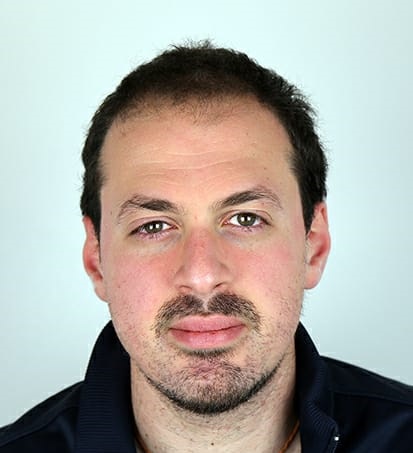
Matteo Leta
Matteo joined University of Warwick following the completion of a MA at Università della Calabria, a PhD at Sorbonne Université and having held research and teaching roles in Europe (MPIWG, IISF, University of Trier, University College Dublin, LUISS) and North America (University of Toronto).
Matteo's research interests are centred on the intersections between the sciences and playwriting, as well as the representation of otherness in the Renaissance.
His current project aims to examine the relationships between the playwriting activities and the philosophical writings of Giovan Battista Della Porta (1535-1615).
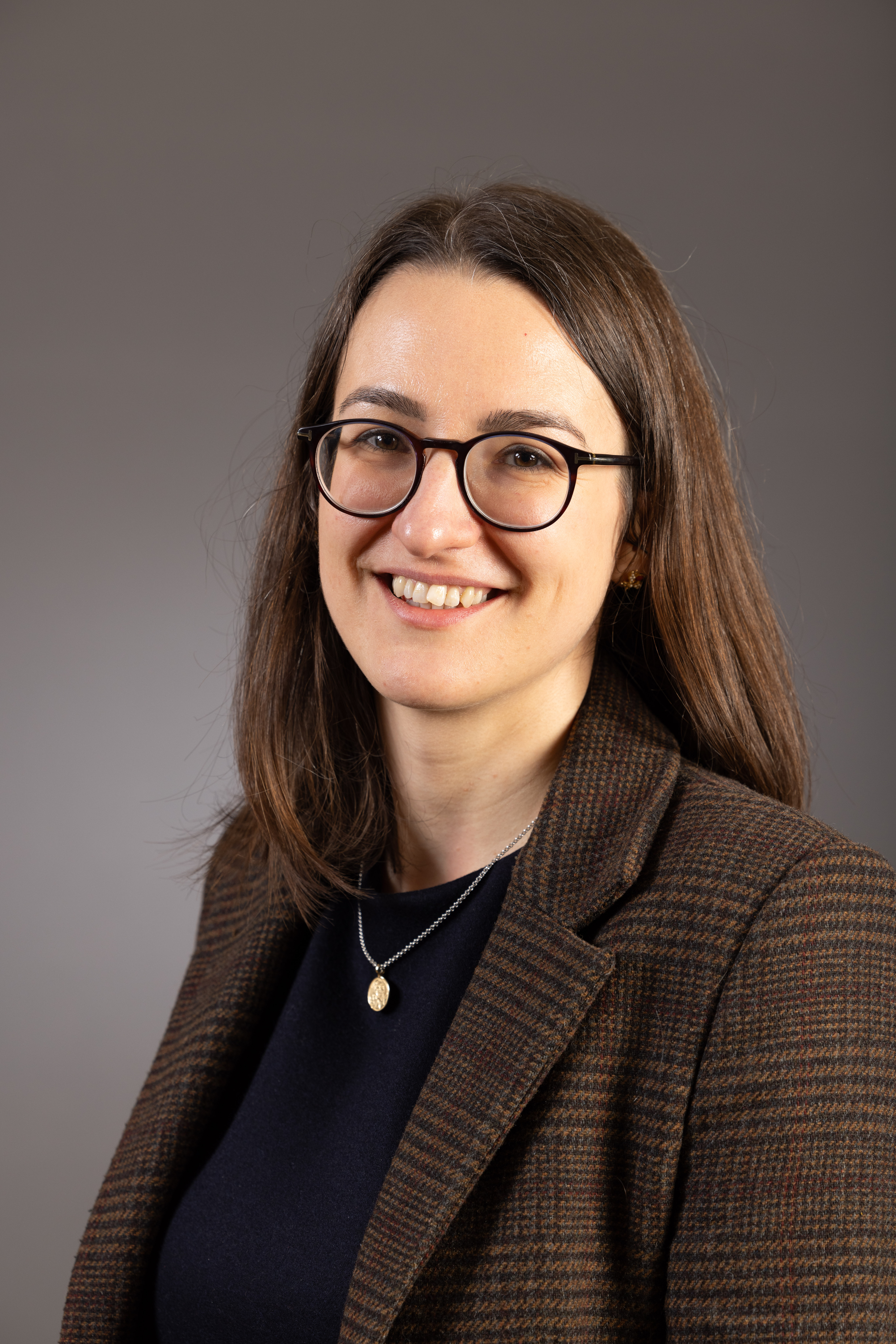
Delia Moldovan
Anca-Delia Moldovan is a Marie Sklodowska Curie Postdoctoral Fellow (EUTOPIA-SIF COFUND) at the IAS and the Centre for the Study of the Renaissance at the University of Warwick. Her project ‘Olive Cultivation and Environment in Tuscany in the Early Modern Period (OLEUM)’ proposes a multifaceted investigation into the environmental, artistic, and intellectual history of the olive in the Medici Grand Duchy of Tuscany (1569–1737). The study aims to bring novel insights into a plant intrinsically connected to the construction of the ‘Tuscan’ identity, while highlighting its sensitivity to the climatic fluctuations that already affected this territory during the Early Modern period. The project fosters collaborations with the Tuscan Society for Horticulture in Florence and Vrije Universiteit Brussel.
Delia received her PhD in History of Art from the University of Warwick in 2020, having previously studied at the University of Florence and the University of Bucharest. She was a long-term fellow at I Tatti, The Harvard Center for Italian Renaissance Studies in Florence; the Warburg Institute in London; and the Newberry Library in Chicago. Her research was also supported by short-term fellowships at NIKI in Florence; Herzog August Bibliothek in Wolfenbüttel; the Warwick Institute of Advanced Studies; and the Newberry Library. Her work investigates calendrical and agricultural representations at the intersection of art, science, and intellectual and material cultures, focusing on Early Modern Italy. Delia has authored articles in the Rivista di Storia della Miniatura (2018); Renaissance and Reformation (2021); and Renaissance Quarterly (2024). Her forthcoming book Illustrating the Year: The Calendar in Northern Italy during the Late Fifteenth and Sixteenth Centuries was awarded a Weiss-Brown Publication Subvention Award.
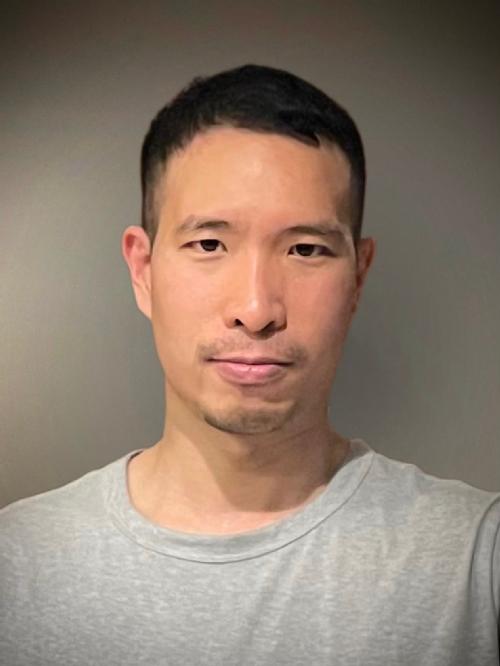
Prach Panchakunathorn
Prach joined Warwick in 2024 as a EUTOPIA Postdoctoral Fellow (Marie Curie Cofund Fellow), based at the Department of Politics and International Relations (PAIS) and the Centre for Ethics, Law and Public Affairs (CELPA). Prior to Warwick, he completed his PhD in Philosophy at Stanford University.
His main research interests lie in political and moral philosophy. His PhD project, titled "Justice for Risk-Takers", gives an account of when society should correct outcomes of individuals' risk-taking.
He is now working on a new project titled "Fair Substitution". We often owe other people certain kinds of goods, but often it is infeasible for us to provide them those goods. What would be fair substitutes for goods that we owe but cannot provide? In general, what makes a substitute fair or unfair?
